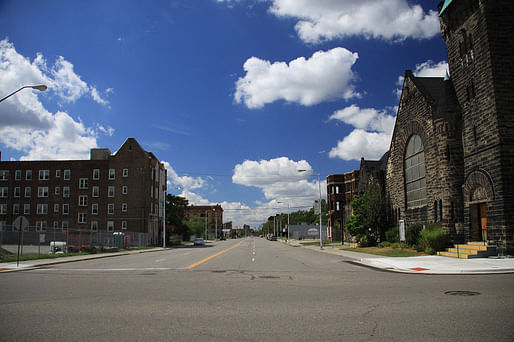

The implications of this massive decline in population will bring unprecedented challenges, possibly leading to disruptions in basic services like transit, clean water, electricity and internet access. Simultaneously, increasing population trends in resource-intensive suburban and periurban cities will probably take away access to much needed resources in depopulating areas, further exacerbating their challenges. — Nature
Almost half (43%) of the 30,000 cities surveyed recently by the University of Illinois Chicago are expected to lose population while another 40% — among the country’s larger metros such as New York City and Phoenix — will experience growth through the end of this century.
Lead author Sybil Derrible told Scientific American: “The takeaway is that we need to shift away from growth-based planning, which is going to require an enormous cultural shift in the planning and engineering of cities.” Declining birth rates, income tax burdens, rising home prices, and the effects of climate change are all pivotal factors in causing the demographic change.
3 Comments
Better than China, who is already suffering from that
The states that will most be affected by depopulation, necessarily, will be those already less populated. Given our skewed system of representation (two Senators per state, winner-take-all Electoral College, etc.), imagine how this change will affect our political ability to deal with all the problems the shift will cause. Likely more wealth and power will accumulate in the suburbs near the growing cites, exacerbating disparity.
And so on.
We have been warned.
It also follows that the depopulated states will have to depend more on immigrants, legal or not, the very groups they are scapegoating to define their identity.
Block this user
Are you sure you want to block this user and hide all related comments throughout the site?
Archinect
This is your first comment on Archinect. Your comment will be visible once approved.